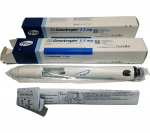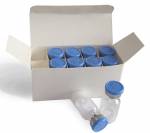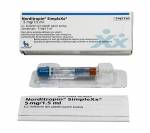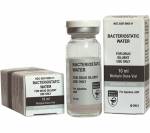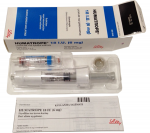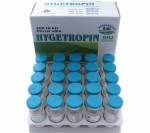Human Growth Hormone
- Manufacturer:Sinoway
- Brand Name:Human Growth Hormone, HGH
Displaying 1 to 10 of 10 entries
Human Growth Hormone
Human Growth Hormone (HGH), also known as somatotropin, is a naturally occurring hormone produced by the pituitary gland. It plays a vital role in growth, cell regeneration, and repair in humans and other animals.
HGH secretion is highest during childhood and adolescence and gradually decreases as we age. It stimulates the growth of bones, muscles, and organs in children and adolescents. In adults, it helps to maintain healthy body composition, promote muscle and bone mass, and support immune function.
In addition to its natural production in the body, HGH is also available as a synthetic hormone for medical purposes. Doctors may prescribe HGH injections to treat growth hormone deficiency in children and adults, as well as other conditions such as Turner syndrome, Prader-Willi syndrome, and chronic kidney disease.
HGH is also used illegally as a performance-enhancing drug by athletes and bodybuilders. However, the use of HGH without a prescription can lead to serious health complications, such as acromegaly (a condition in which the body produces too much growth hormone) and diabetes.
It's essential to consult with a doctor before using HGH, whether for medical or non-medical purposes, to understand the potential benefits and risks associated with the hormone.

